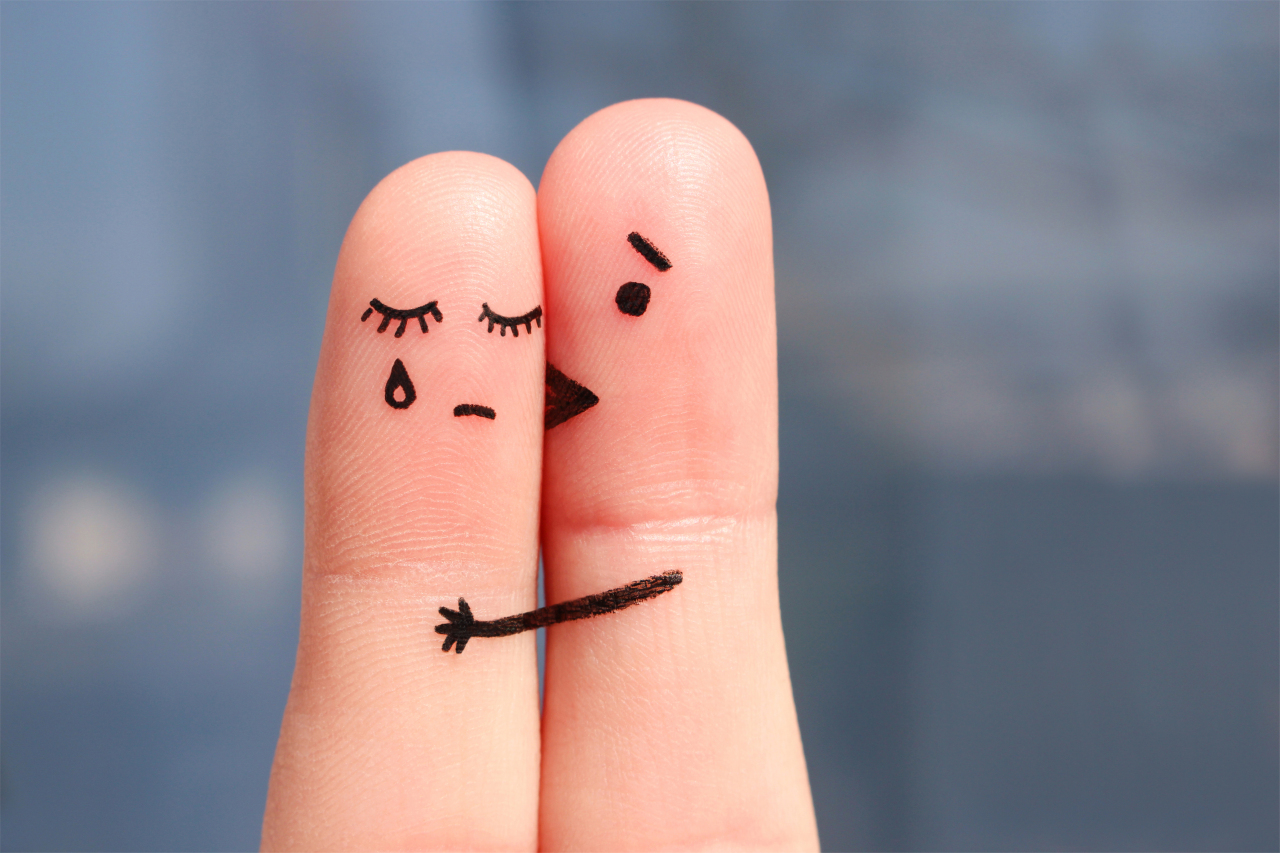 |
(123rf) |
Most suicide victims showed warning signs before taking their own lives, according to a Ministry of Health and Welfare report. The report, released Tuesday, reviewed 801 cases of suicides involving South Koreans ages 19 and older between 2015 and 2021.
The report found that 94 percent of suicide victims exhibited signs that included talking about dying or wanting to die; making preparations such as sorting through their belongings and cleaning out their surroundings; withdrawing from friends and social activities; displaying mood swings or loss of energy; and changing sleeping patterns, eating habits or other routines.
But only 22 percent were noticed by those around them then, according to interviews of friends and family, the report said.
The report said the typical suicide victim experienced more than one situation inducing a high level of stress, such as family conflict, financial strain or workplace pressure, at the same time.
More than a third, or 35 percent, had attempted suicide, and 10 percent had engaged in self-harm before. Suicide attempts were more frequently observed in women, with 46 percent having attempted suicide at least once, compared to men, of whom 30 percent had previously attempted.
A higher proportion -- 70 percent -- of women were diagnosed and received mental health support, while only 44 percent of men did. Out of all suicide victims, 52 percent had sought professional help for mental health conditions.
By job status, 38 percent were employed, 24 percent were unemployed, and 16 percent were employers. Among the employed, the most commonly held jobs were customer service at 31 percent, followed by licensed occupations at 14 percent and simple labor requiring no qualification at 12 percent.
At the time of death, 18 percent had no income, and 22 percent were earning less than 1 million won ($760) per month. About half were in debt.
The most common living arrangement was one-person households, with 18 percent having lived by themselves, 43 percent of whom were aged 34 or younger.
About 32 percent were found to have been intoxicated at the time of their death, while nearly half -- 48 percent -- had not consumed alcohol. The remaining could not be confirmed.
Losing a loved one to suicide was among the major factors increasing the risk of suicide. Some 42 percent of suicide victims themselves had known someone who died from suicide.
Of 952 family members of suicide victims who were interviewed, 97 percent said they were struggling mentally, and 60 percent said they had contemplated suicide after the loss.
Family members bereaved by suicide also struggled to get support, with 72 percent saying they were unable to open up about suicide as being the cause of the loss.
Of the 132 psychological autopsied suicides in 2020 and after, 29 were thought to be related to the COVID-19 pandemic. All 29 had risk factors such as mental health conditions and job problems, which had apparently been affected by the pandemic.
The ministry started carrying out psychological autopsies of suicides in 2015 at the request of family members of victims. A psychological autopsy examines the mental and other states of suicide victims prior to their death.
For most of the past two decades, South Korea has maintained the highest suicide rates in Organization for Economic Cooperation and Development except for in 2016 and 2017, when it came second to Lithuania.
By Kim Arin (
arin@heraldcorp.com)
If you’re thinking about self-harm or suicide, contact the Ministry of Health and Welfare’s helpline 1393, available 24 hours a day, 7 days a week.








